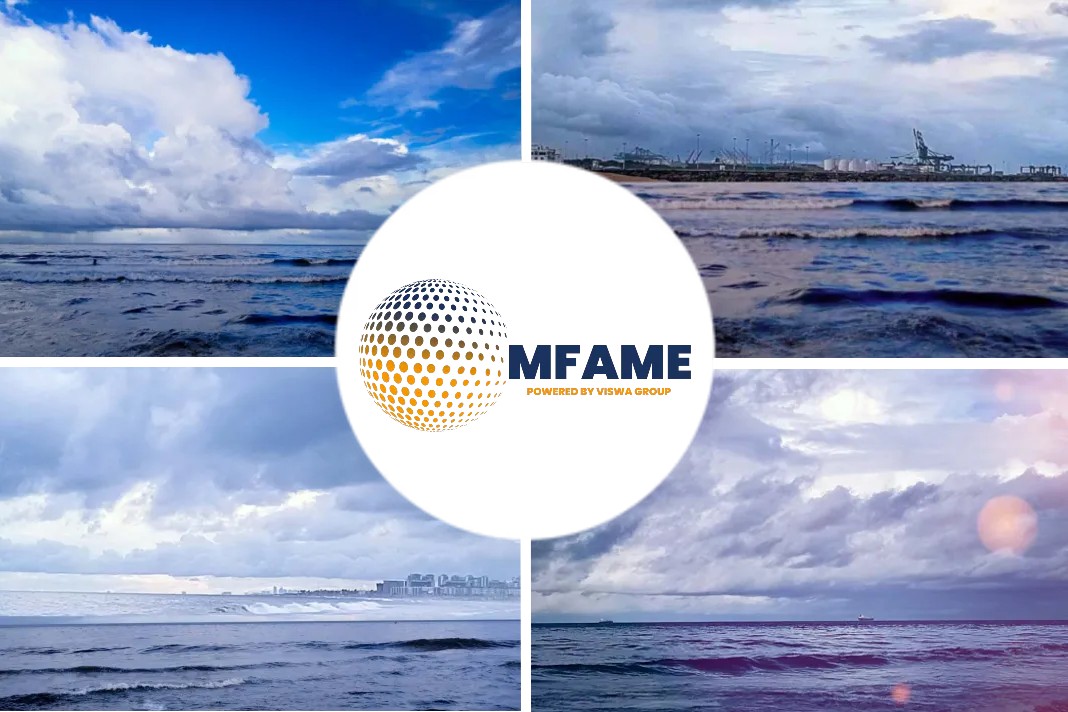- A.P. Moller – Maersk Board of Directors has decided to retain full ownership of Maersk Supply Service.
- Maersk Supply Service launched a new strategic direction in the autumn of 2016 as a response to the downturn.
- 30 percent of Maersk Supply Service’s revenue was generated from new and diverse business, including offshore wind, ocean cleaning and deep-sea mining.
- For the financial year 2018, Maersk Supply Service reported a revenue of USD 263 m and an EBITDA of USD 3 m with negative free cash flow (FCF) of USD -316 m.
After unsuccessfull searching for a buyer for its Supply Service subsidiary as it restructures around its core operations, the A.P. Moller – Maersk Board of Directors has decided to retain full ownership of Maersk Supply Service, reports the Ship Insight.
Supply service subsidiary
“We have over the past two years been investigating various structural solutions for Maersk Supply Service. However, having been unable to establish any solutions meeting our objective of creating shareholder value, we have decided to retain Maersk Supply Service“, said Claus V. Hemmingsen, Vice CEO of A.P. Moller – Maersk and CEO of the Energy division and continues:
“Maersk Supply Service launched a new strategic direction in the autumn of 2016 as a response to the downturn, which is positioning the company stronger and with a more robust and differentiated platform to compete from, when we eventually see a recovery within their core markets in the Oil & Gas space.”
Intent on optimizing core business
Maersk Supply Service’s strategy is focused on optimizing the existing core business through time chartering out their assets, pursuing new business as an integrated solution contractor, and by diversifying into new markets. The strategy is progressing well and in 2018 approx. 30 percent of Maersk Supply Service’s revenue was generated from new and diverse business, incl. offshore wind, ocean cleaning and deep-sea mining.
“Our diversification initiatives are building a presence in other markets and enable us to be less dependent on the traditional Oil & Gas market in the future. Our 44-vessel fleet has an average age of fewer than ten years and supports our integrated solutions offerings. With our modern fleet and skilled people, we are well positioned to take advantage of market opportunities in the future and differentiate us from our peers,” said Steen S. Karstensen, CEO of Maersk Supply Service.
Immense progress over the years
Maersk Supply Service has the last two years been progressing towards becoming a stand-alone entity and today operates almost fully independently and will continue to do so. It was classified as a discontinued operation and held an asset for sale in Q4 2017. The company will be reclassified to continuing operations and will be included in A.P. Moller – Maersk’s income statement, balance sheet and cash flow statement as part of the segment Manufacturing & Others. The reclassification of Maersk Supply Service will not affect A.P. Moller – Maersk’s guidance for 2019, as announced on 21 February 2019.
For the financial year 2018, Maersk Supply Service reported a revenue of USD 263m and an EBITDA of USD 3m with negative free cash flow (FCF) of USD -316m due to the payment of four new buildings. At the end of 2018, the Invested capital was USD 714m following a negative fair value adjustment of USD 400m recognized in Q3 2018. For 2019, the expectations are an EBITDA close to break-even level and a negative FCF of around USD -200m due to the delivery of the remaining new buildings ordered in 2014.
Did you subscribe to our daily newsletter?
It’s Free! Click here to Subscribe!
Source: shipinsight
















